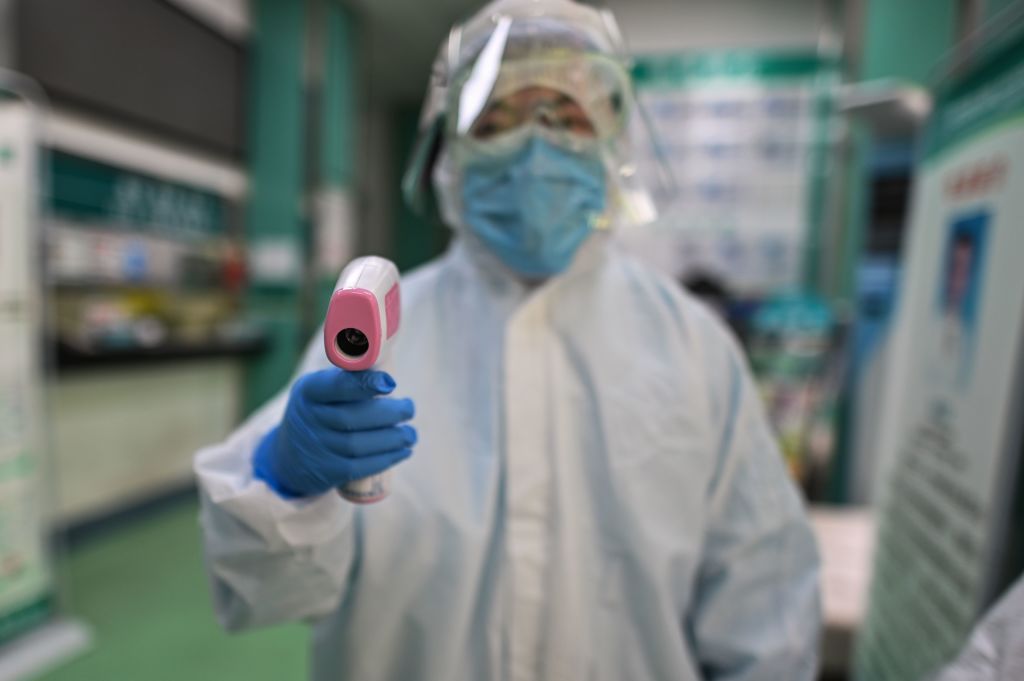Remember ‘immunity passports’? Back in April they were floated as a possible means by which we could all get back to a normal life. We could be tested for antibodies to SARS-CoV-2 — the virus which causes COVID-19 — and, if we tested positive, we could be allowed to go about our business. The presumption was that we would be immune from further infection, at least for a while. The idea quickly bit the dust. There was one good argument against it: it might encourage young people, who are very unlikely to come to harm from COVID-19, deliberately to set out to catch it in order to gain a positive antibody test and therefore an immunity passport.
Yet the current position held by several governments — that having COVID-19 cannot be trusted to give you any immunity against COVID-19 for any length of time — has always seemed bizarre. Over 50 million cases of COVID-19 have now been recorded globally — and yet only a handful of cases of reinfection have been documented.
Now, however, comes a formal controlled trial which shows that having antibodies to SARS-CoV-19 does indeed provide immunity from further symptomatic infection, at least for six months, the period of the study. A team from Oxford University and Oxford University Hospitals tested over 12,000 volunteers for the presence of antibodies. Of the 11,052 who possessed antibodies, 89 went on to contract COVID-19 over the course of six months. Of the 1,246 who did show antibodies, not one developed symptomatic COVID-19 during the course of the trial. Three did produce positive tests at a later date, but did not develop any symptoms — suggesting either that they were only very mildly infected or that that the tests had picked up fragments of dead virus from their initial infection, a problem which has been known for some time.
While immunity passports quickly bit the dust, the local health authority in England did go on to test commercially-produced antibody tests. One of the strands of research has produced an interesting finding. An Oxford team tested nearly 3,000 volunteers from the police and fire services to detect the presence of COVID-19 antibodies and also the presence of a T cell response to COVID-19. They divided the group into 669, who showed a higher-level T cell response, and 2016, who showed a lower-level T cell response. After 118 days, 20 of the latter group, but none of the former group, had developed COVID-19.
[special_offer]
The finding builds on work at La Jolla Institute in California which I first reported here in May, which found that people who could not possibly have been exposed to SARS-CoV-19 virus (i.e. blood samples taken before the novel virus even existed) nevertheless showed some kind of T cell response to it.
The inference is that some people might have gained a level of immunity to SARS-CoV-19 through exposure to other, similar coronaviruses. The La Jolla researchers have been at pains to make clear that a T cell response doesn’t necessarily mean immunity, although they have suggested that it could mean suffering a less-potent infection. The Oxford research involves a small sample and is a long way short of proving any kind of immunity from prior exposure to coronaviruses. But it is an area which is shouting out for more research, not least because it could provide a possible explanation for why SARS-CoV-2 has behaved very differently in some parts of the world compared with others.
This article was originally published onThe Spectator’s UK website.


















